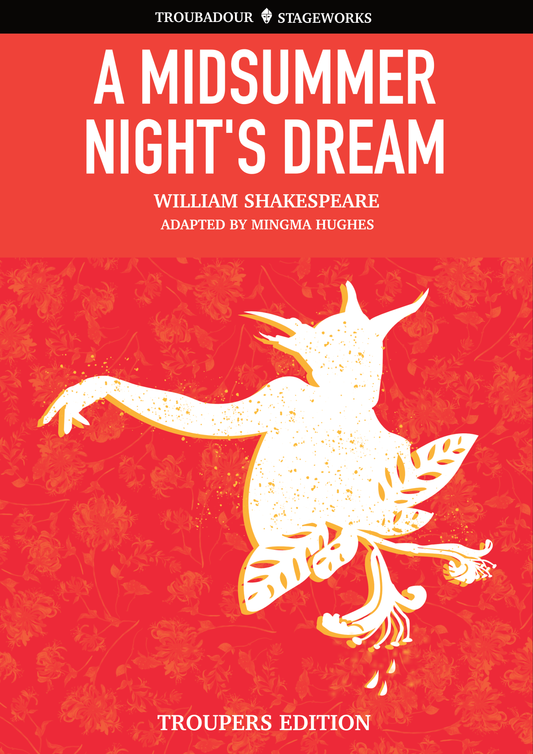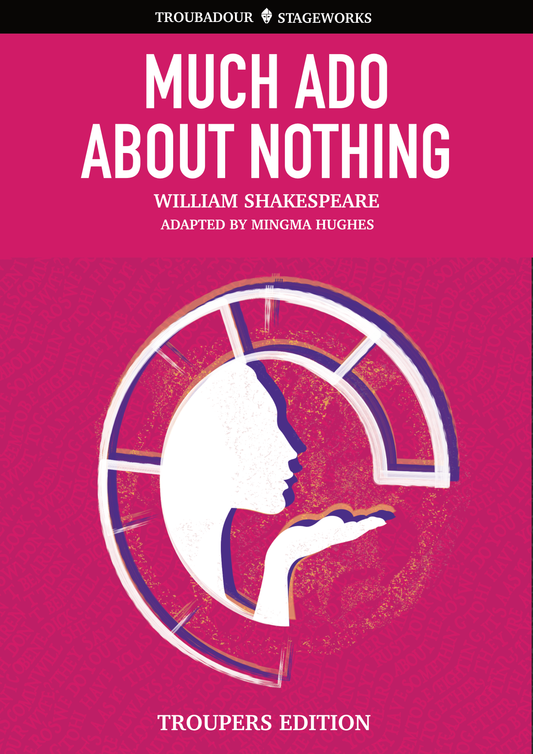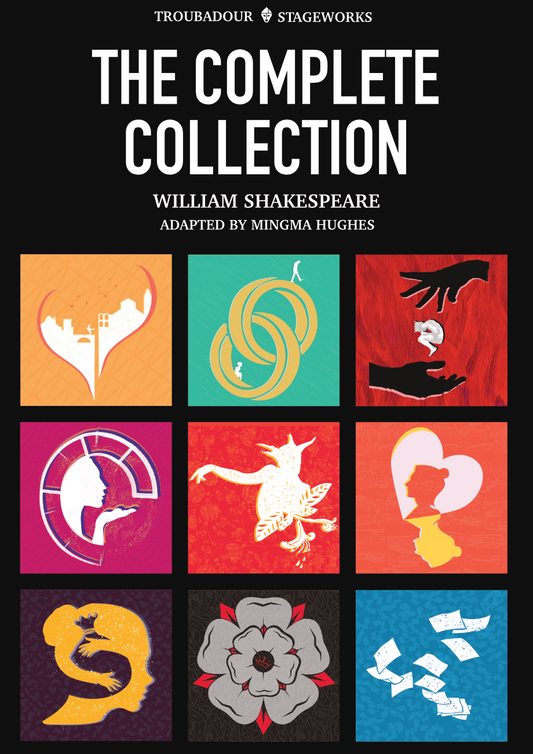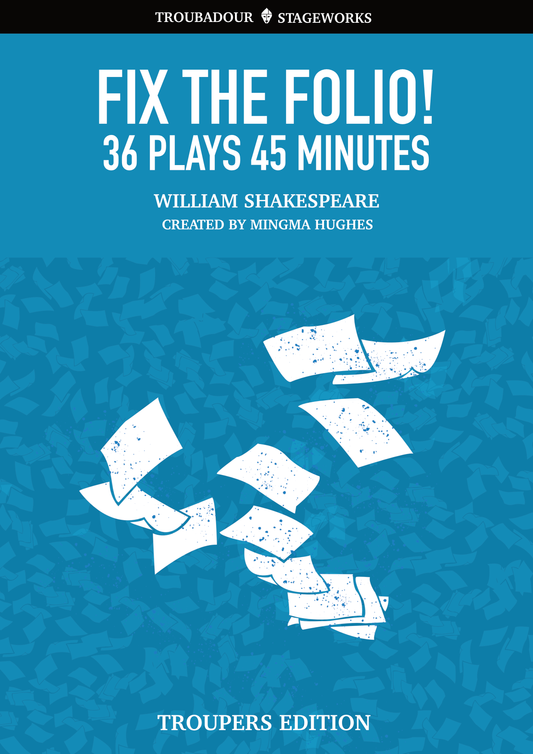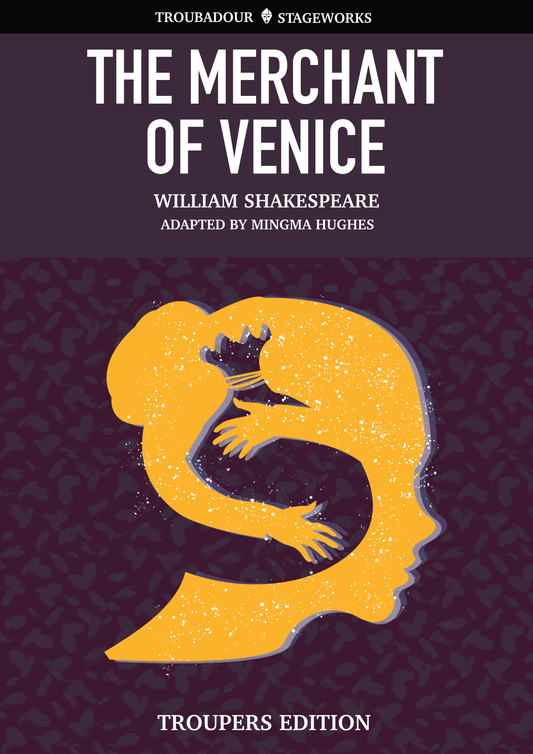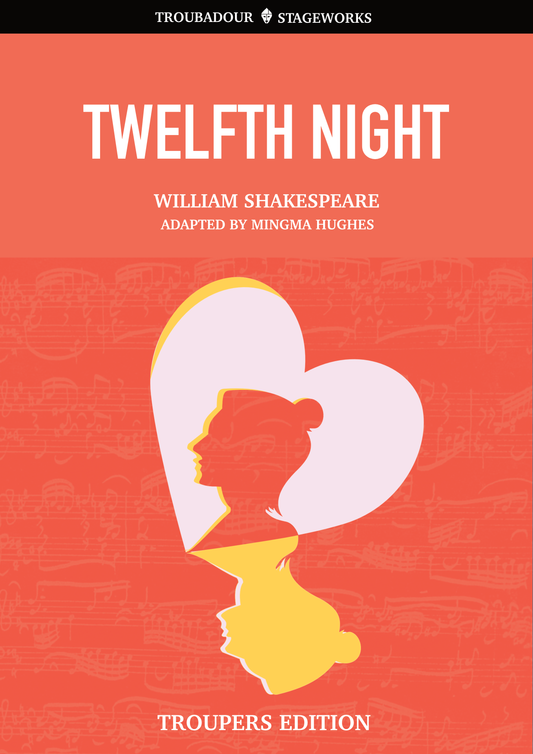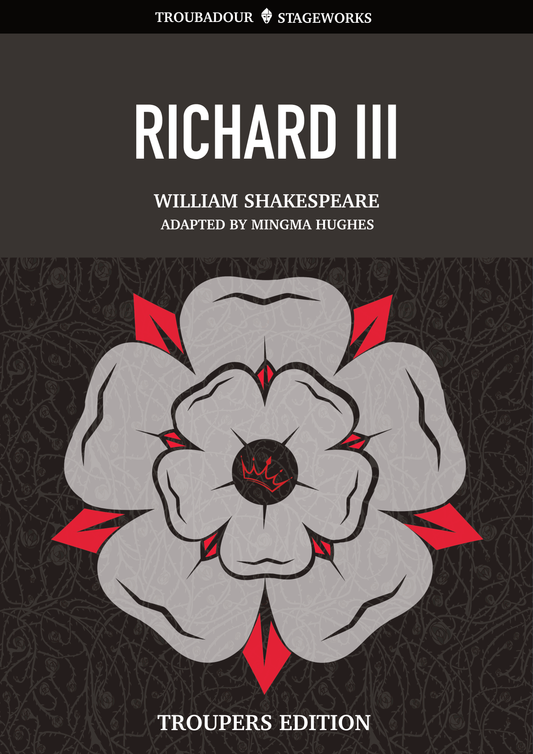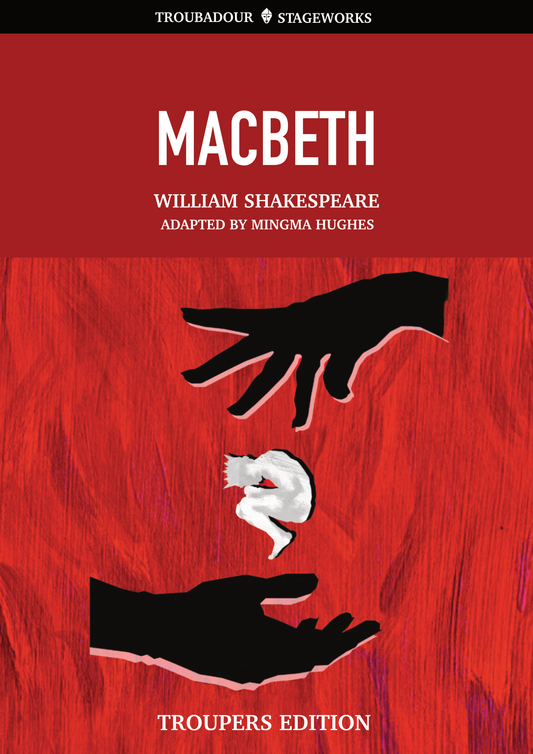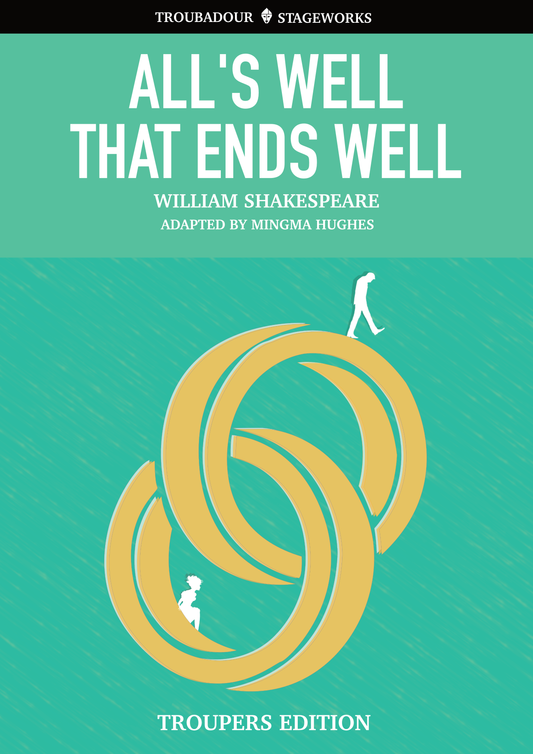Bestiality, coercion, child kidnap and consent are all at the heart of A Midsummer Night’s Dream, and yet it is All’s Well That Ends Well that is labelled a ‘problem play’.
This categorisation, coined by Frederick Boas in 1896, is neither apposite nor necessary. As Alistair Fowler defines, ‘every literary work changes the genres it relates to’. The mistake of the early 20th century critic is to dislike this flexibility and treat ‘problem play’ as a recognised subcategory, like ‘revenge tragedy’, which has since been applied to everything from Troilus and Cressida to Hamlet. All’s Well That Ends Well uses familiar comedic conventions to explore new territory; female desire, aristocratic constraints and privilege, coming of age, and women’s agency.
It is a play of two halves, twice split. Bertram’s exclamation ‘My wife, my liege!’ in Act II Scene III signals the end of the Cinderella fairy tale plot: after the peasant girl has won her Prince what comes next? Not only does Shakespeare adapt Boccaccio’s Gillette, he has combined it with Plautus’ Miles Gloriosus or ‘the braggart soldier exposed.’ Mingled plots, literary styles, and language varies from ordered verse and sonnets to prose. Character intentions sway between good and ill as we move from fairy-tale to farce to parody. Though threads might be disentangled, there is strength in the combination. Yet intention is elusive.
Our adaptation centres on commitment. Though boundary expanding, the show is meant to make you laugh, so every next choice must use the comedic lens. Bertram must be somewhat redeemable, Helena cannot only be worthy and downtrodden, Parolles must not be overly affected by his faux imprisonment. Bertram is young, and easily swayed by his companions. He rebels against marriage more due to its imposition by an elder, and the pressures of his perceived station, than detestation of the woman involved. When it comes to the bed trick; what if it’s the same woman all along? Or perhaps a passing shadow of her. Perception is strange: from Bertram’s point of view, is this really the same woman, or is it his love for someone else being transmuted onto another? For Helena, to quote Lewis Carroll, ‘I can’t go back to yesterday because I was a different person then.’
Is our solution acceptable? Dear reader, that is up to you. No Shakespeare adaptation is ever definitive. It is a viewpoint, putting forward a point of order in our greatest cultural discussion. A conversation that has been living for over 400 years. This is why I love it so.
| Mingma Hughes | Countess of Rousillon | Adapter and Composer, Director Graphic Design |
| Jasmine Silk | Helena | Assistant Director, Producer, Graphic Design |
| Megan Good | Parolles | Assistant Director, Dramaturg |
| Bruce Allinson | Bertram | Assistant Director |
| Dan Nash | Dumaine | Assistant Director |
| Sophy Taylor | Lafeu | Costume and Props |
| Cecilia Orr | King of France/ Widow | Head of Marketing |
| Vivian Wang | Stage Manager |







